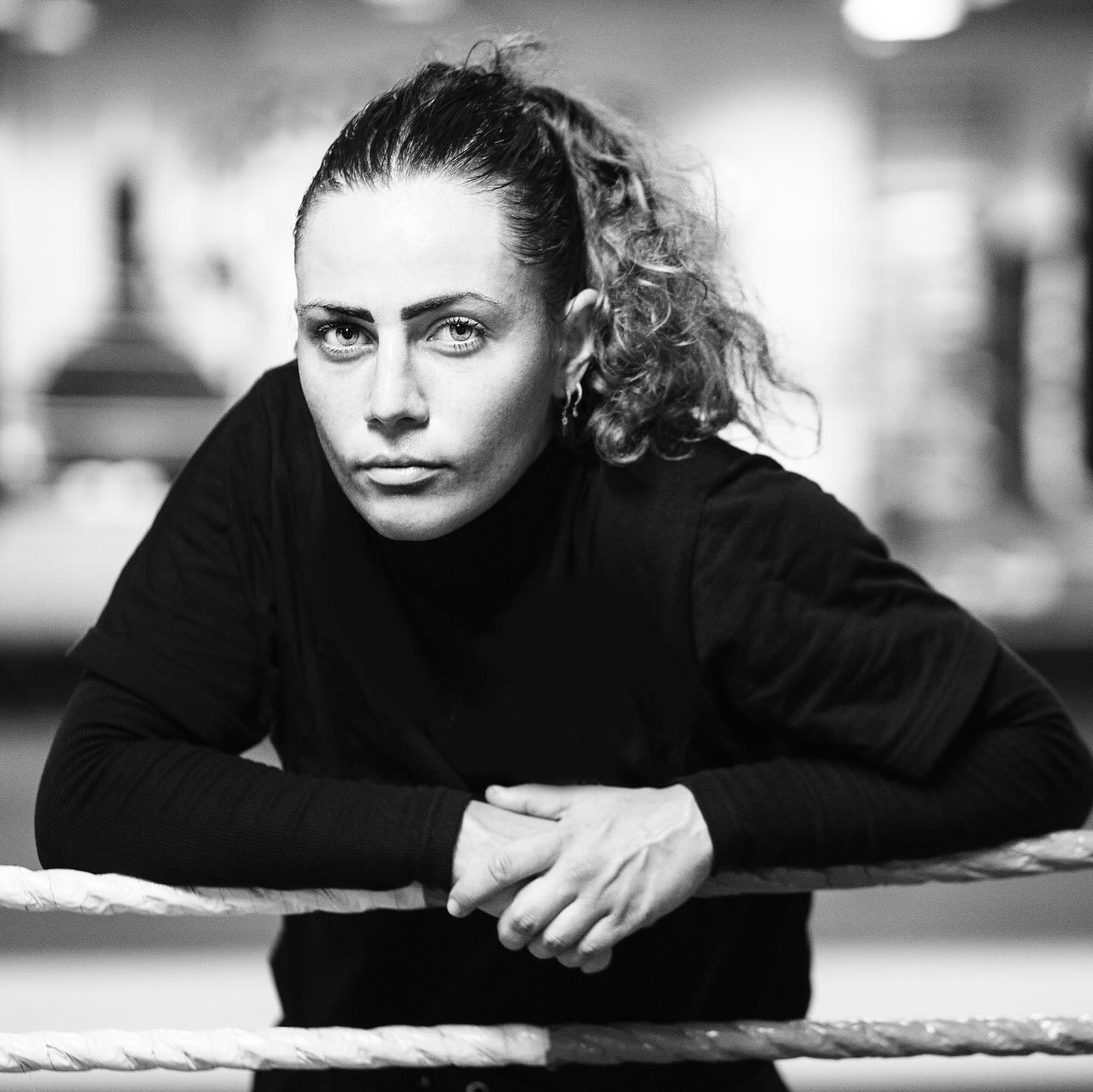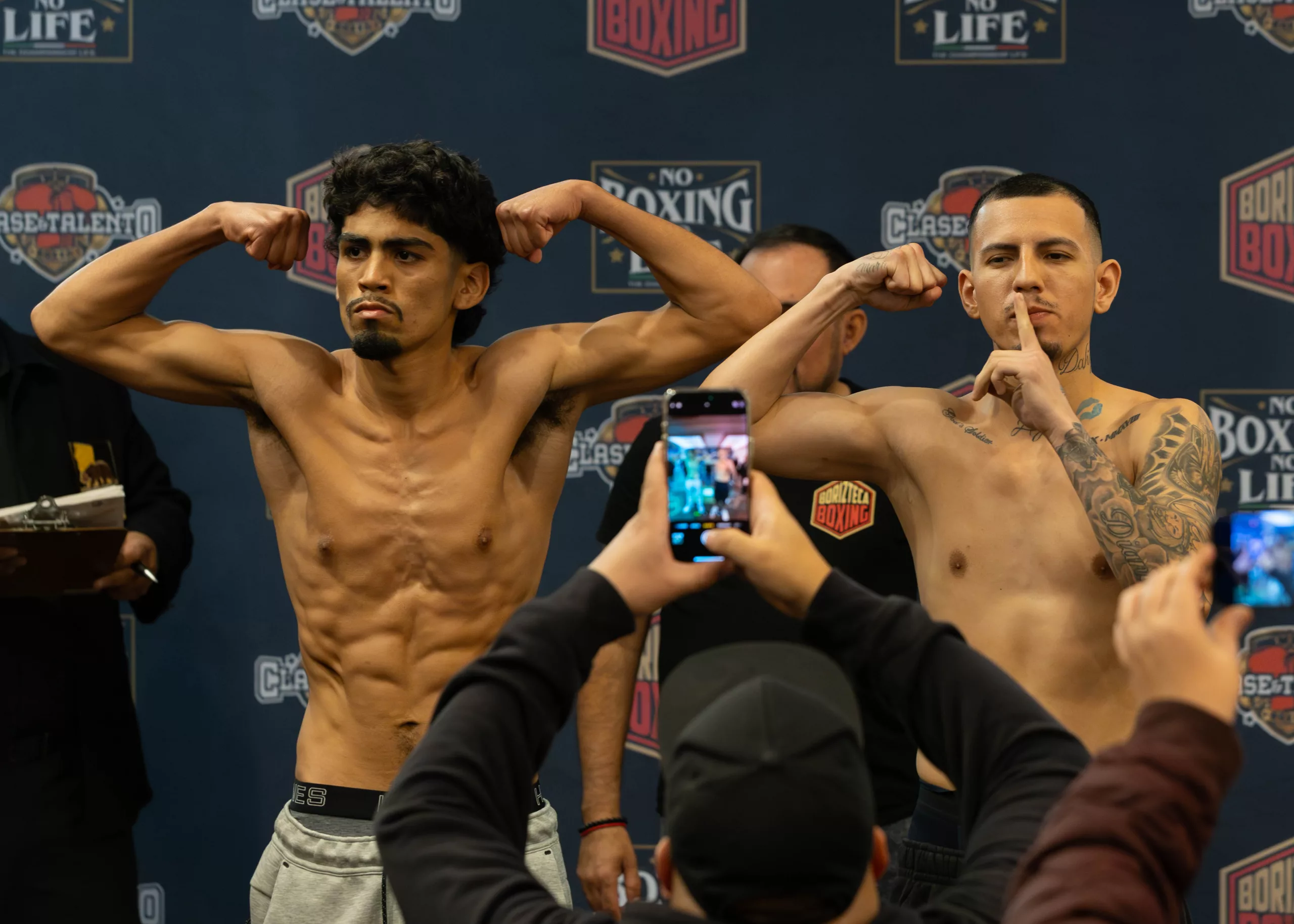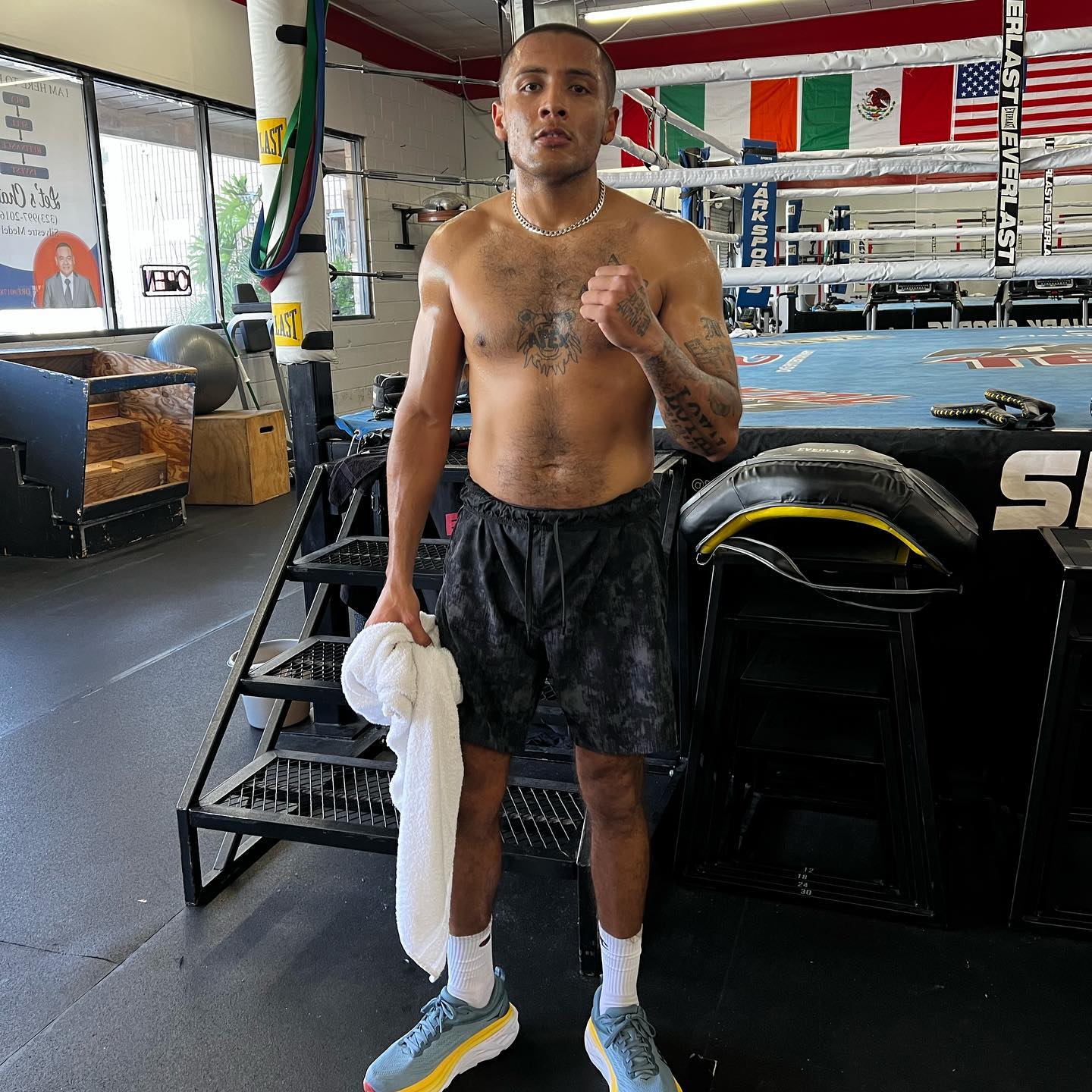Female athletes have long faced significant challenges in securing sponsorships, a disparity rooted in historical biases and perpetuated by unequal media representation. Despite women’s sports accounting for 40% of all sports participants, they receive only about 4% of sports media coverage. This lack of visibility directly impacts sponsorship opportunities, as brands often invest where they perceive higher audience engagement.
The financial gap is stark. Female athletes earn significantly less than their male counterparts, both in salaries and endorsements. This disparity forces many to rely heavily on sponsorships to sustain their careers. However, traditional sponsors have been hesitant, often underestimating the marketability and influence of female athletes.
In recent years, there has been a positive shift. Brands like Sephora have entered the sports arena, partnering with women’s leagues such as Unrivaled, a new three-on-three women’s basketball league. Sephora’s involvement includes on-site glam rooms and curated beauty products, aligning with the athletes’ needs and promoting self-expression.
Similarly, beauty mogul Charlotte Tilbury’s sponsorship of the F1 Academy, a women’s racing league, marks a significant milestone as the first beauty brand to sponsor within Formula One. Tilbury’s investment challenges the status quo and supports women in male-dominated sports.
These partnerships not only provide financial support but also enhance the visibility of women’s sports, fostering a more inclusive environment. Brands that align with female athletes are perceived as committing to gender equality and empowerment, enhancing their reputation and demonstrating corporate responsibility.
Elvina White, known as “Warrior,” exemplifies the resilience and determination of female athletes striving for recognition. Born in Villach, Austria, White moved to Los Angeles to pursue her boxing career, amassing a professional record of 5-1-0. Her journey underscores the challenges female fighters face in gaining sponsorships and media attention.
White’s social media presence, particularly on Instagram, reflects her dedication and personal philosophy. In one post, she shares, “In my pain, I found my will. In chaos, I learned to be still. In my fear, I found my might. And in darkness, I got back my light.” Such expressions resonate with audiences, highlighting the personal narratives that make female athletes compelling brand ambassadors.
The rise of women-centered brands in sports is not merely a trend but a necessary evolution. Investing in female athletes offers brands untapped opportunities, aligning with values of inclusivity and equality. As the popularity and viewership of women’s sports continue to grow, so does the potential for profitable and impactful sponsorships.
In conclusion, the struggle for sponsorship among female athletes like Elvina White highlights the broader challenges within the sports industry. The involvement of women-centered brands is crucial in bridging the gap, providing not only financial support but also promoting a culture that values and celebrates women’s contributions to sports.





